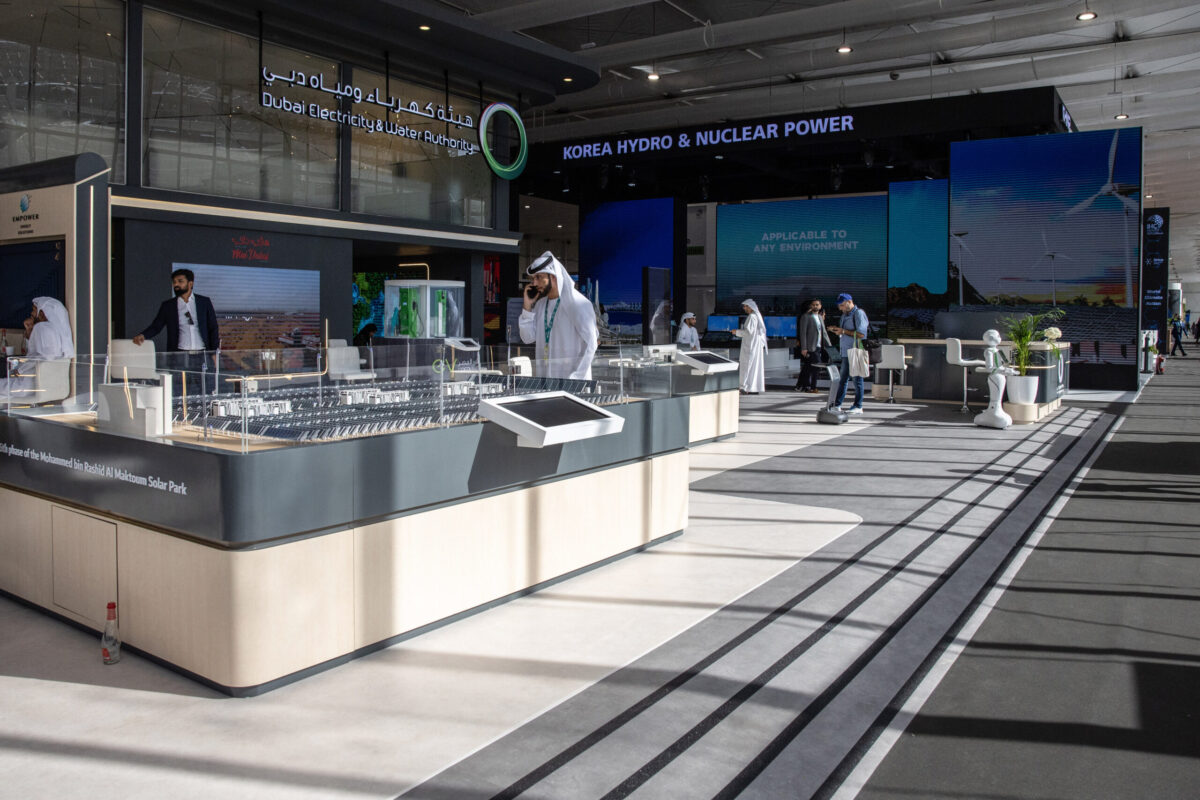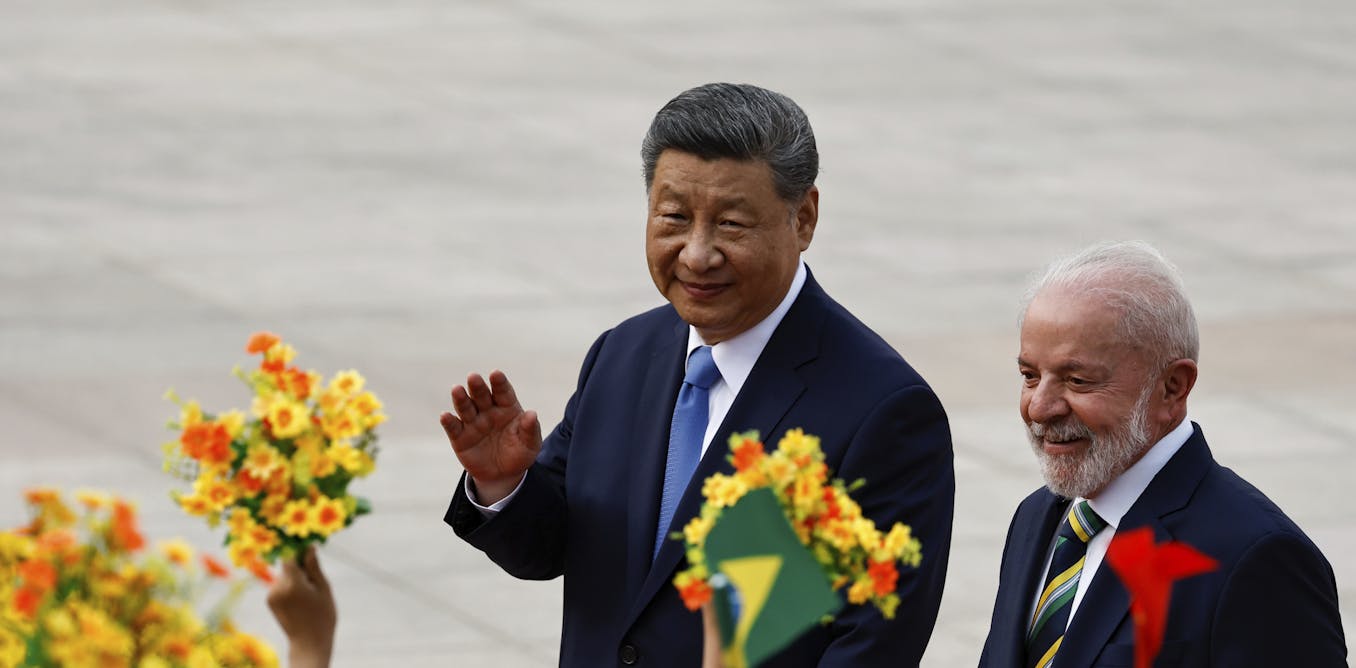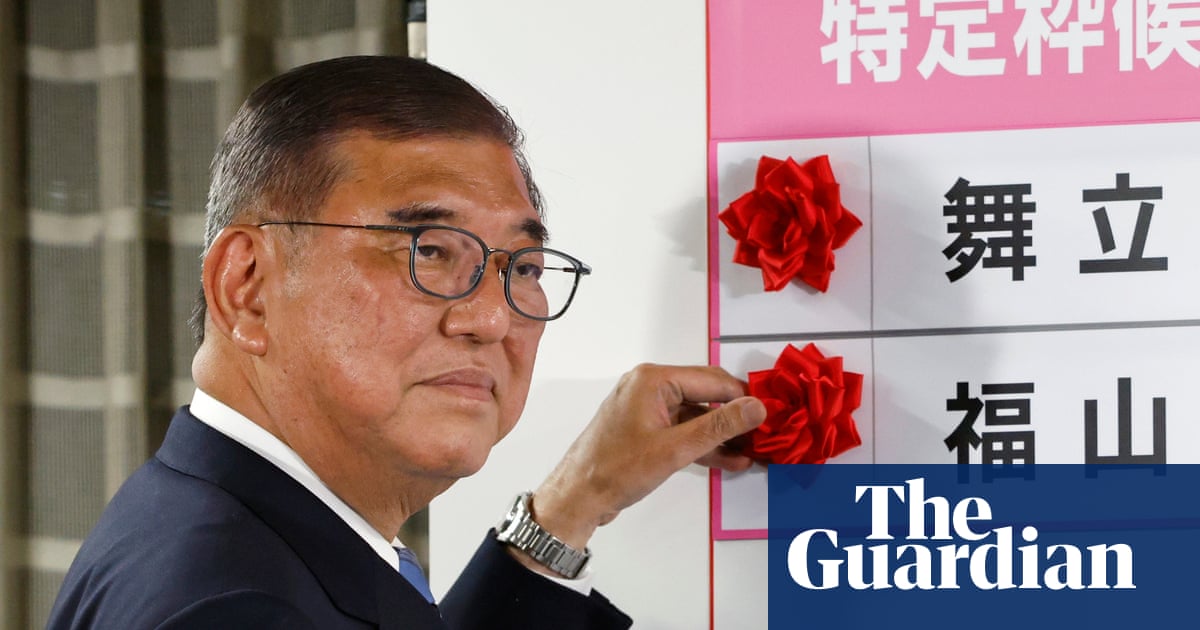T4K3.news
GCC Energy emerges as leader in global markets
Gulf Cooperation Council countries solidify their role in the global energy sector through investments and production.

The Gulf Cooperation Council is positioned as a key player in the global energy sector.
GCC Energy leads the global energy market
The energy sector of the Gulf Cooperation Council (GCC) countries showcases a blend of stability and innovation. The GCC holds about 30 percent of the world's proven oil reserves and 20 percent of global natural gas reserves. In 2023, it produced 17 million barrels of oil daily, contributing significantly to global supply. Saudi Arabia and the UAE are proactive in stabilizing oil markets, pledging to increase production amidst global disruptions. Additionally, the GCC is investing over $200 billion in clean energy initiatives such as solar and hydrogen technologies, with notable projects like the Mohammed bin Rashid Al Maktoum Solar Park and the NEOM Green Hydrogen Project. However, challenges remain, including the need to diversify economies away from hydrocarbon reliance and address regional energy integration.
Key Takeaways
"We deliver both energy security and sustainability without compromise."
Dr Sultan Al Jaber emphasizes the GCC's commitment to balancing energy security with renewable goals.
"The energy reinvestment loop reflects a dual existence in tackling immediate needs and future sustainability."
This highlights how GCC nations are navigating current and long-term energy strategies.
The GCC's dual role as both a fossil fuel powerhouse and a leader in renewable energy places it in a unique position within the global energy landscape. This combination of strength and foresight not only enhances its economic influence but also elevates its diplomatic stature in international energy discussions. Yet, the GCC must navigate its challenges, particularly its dependence on oil revenue as it strives for sustainable growth. The ongoing investments in clean energy signify a commitment to future resilience, but they must be managed alongside existing economic structures to ensure long-term viability. The GCC's approach could serve as a model for other oil-dependent regions facing similar transitions.
Highlights
- The GCC combines fossil fuel strength with renewable energy foresight.
- Saudi Arabia and UAE are proactive in stabilizing global oil markets.
- Investments in clean energy ensure a resilient future for the GCC.
- The GCC's challenge is diversifying its economies beyond oil.
Economic challenges in GCC's energy transition
The GCC faces risks in diversifying economies away from hydrocarbon dependency, which could lead to future fiscal problems if not addressed.
The GCC's commitment to energy transformation is vital for its future and the global market.
Enjoyed this? Let your friends know!
Related News

US withdraws from Paris climate agreement for second time

Chevron completes acquisition of Hess Corporation

Trump announces new sweeping tariffs

Bitcoin reaches record high ahead of Trump's inauguration

Brazil strengthens its position in the cryptocurrency market
US and China engage in pivotal trade discussions in Stockholm

US-EU trade deal limits tariffs to 15%

Shigeru Ishiba's coalition loses majority in Japan's upper house
